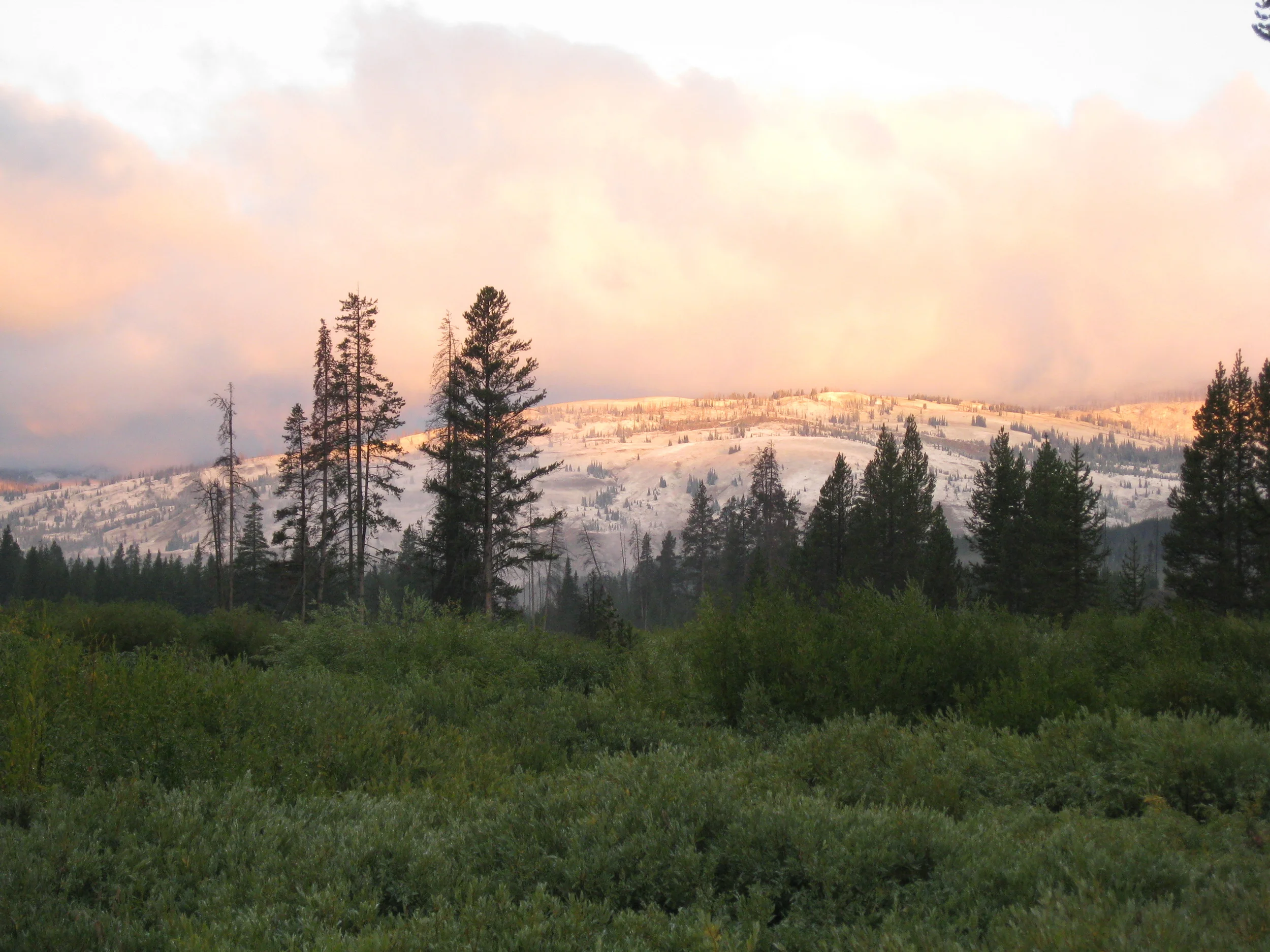About Matt
I have been a science correspondent with The Economist for more than a decade and have contributed nearly half a million words to the newspaper during that time. Over the years, I've also written for National Geographic, The New York Times, Scientific American, Nature and New Scientist. Outside of my journalistic endeavours, I've long been intrigued by the ways in which our ancestors tried to explain mysterious aspects of the natural world with mythology. To this end, I wrote two books on the subject: Science of the Magical and The Science of Monsters. I was awarded a Knight Fellowship in 2014, presumably for writing well, and used the opportunity to study immunology at MIT and folklore at Harvard.
An unabashed geek,* I wrote the widely circulated From Gollum to Avatar which explored how Hollywood made the technological leap from Yoda in the original Star Wars to Gollum in The Lord of the Rings and ultimately to the Na’vi in Avatar. I was also the voice behind many other Economist stories of technological evolution, including Stealing The Heat, an analysis of the fast developing field of heat recycling, The Coming Wave, an exploration of how wave generators on the coastlines came to be, and Superstructures, the story of how bridges, tunnels and buildings learned to detect danger and take action.
I am fascinated by the weird, wonderful and often less well respected members of the animal kingdom that have made life better for humanity on the whole. In How Illuminating I explored how the humble jellyfish has made it possible for glowing proteins to be inserted into the human body and used to track the behaviours of cancer cells so they can be better caught and destroyed. In Glue Bones I described how the saliva of the sandcastle worm, which builds the structures that its name implies, has made it possible for researchers to develop a glue that can hold bits of bone together in salty environments, like those found on bloody operating room tables. And in Electrical Potential I revealed that science is on the verge of creating a biological battery modelled after the cells found in the bodies of electric eels**.
I've written about how certain female spiders ooze sticky slime to capture the sexual organs of males so that they can better catch and eat their partners after reproduction (Sexual Appetite), how bats that build tents together out of palm leaves build better social relationships (Bats Building Bonds), and how bomb sniffing dogs are thrown off by the preconceptions of their handlers (Clever Hounds).
Outside of my work for The Economist, I've collaborated extensively with TED to create educational animations about the boundary between myth and science. Together The Science Behind Homer’s Odyssey and The Scientific Origins of the Minotaur have been viewed over three million times. I also annually donate several weeks of my time each year to guest lecture at schools that are keen to get their pupils jazzed about science. A palaeontologist by training, if you have read about evolution, ecology or dinosaurs in Nature, National Geographic or Scientific American, you have probably read my work***.
When not at my desk, I make a good effort at meeting the grim reaper for an early tea on expeditions in far flung regions of the world. I've hacked my way through the Alaskan bush, fended off tiger snakes in the bogs of Tasmania, nearly fallen into a crevasse in Switzerland and got my scuba respirator hose snagged on the sunken wreck of a British minesweeper.
---
*Who, by the way, can recite huge chunks of Star Wars by heart and readily explain the differences between the Faerunian gods Kossuth and Lathander. (Just in case you were wondering, Kossuth's portfolio is solely fire while Lathander's includes the sun, warmth and vitality.)
**Shocking, I know.
***My personal favourite is How to Eat a Triceratops.
Want to follow me? I'm on Twitter as @MattKaplan12

